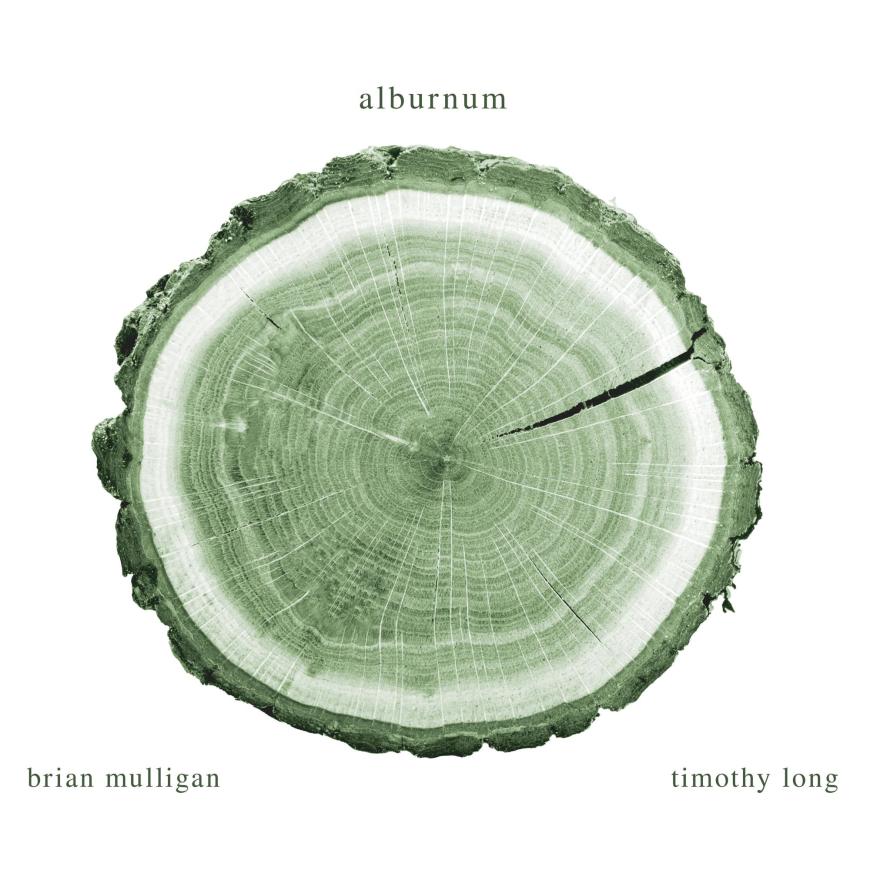
Alburnum (noun): the delicate, outer layers of recently grown wood found between the heartwood and the bark of a tree.
Baritone Brian Mulligan, a frequent and welcome presence at San Francisco Opera, discovered the word “alburnum” in the fourth song of Walden, a cycle by Gregory Spears to texts by Henry David Thoreau. Premiered by Mulligan for The Kennedy Center, Walden is one of three modern compositions receiving their first recordings on this issue from Bright Shiny Things. Timothy Long, music director of opera at the Eastman School of Music, provides eloquent piano accompaniment.
To these ears, the recording’s plum is Mason Bates’s Songs From the Plays, to text by echt New York poet Kenneth Koch. Bates, who blew many a mind when his score for The (R)evolution of Steve Jobs displayed his fresh and sophisticated approach to writing for the human voice, gives free rein to his critical perspective in these settings of seven of Koch’s 27 “songs” from imaginary plays.

Bates doesn’t simply embrace Koch’s wry mix of wit, poignancy, and New York cultural sophistication; he revels in it, deepening its impact through occasionally sardonic musical commentary. A case in point: his settings of two consecutive songs from a nonexistent play in which the pope and Golda Meir dance. I’m won’t give away Bates’s irreverent treatment of the word “pope,” but he spills some of the beans in the liner notes by alerting listeners to his delightfully off-kilter mixture of Christian music and klezmer.
The cycle’s fifth song, “Your Genius Made Me Shiver,” reads like a cartoon strip from The New Yorker, in which a writer expresses awe and admiration for a genius who makes the craft of writing seem so natural and effortless. Another song uncovers the thoughts and feelings of a New York gallery head — imagine someone with an earnest if ultimately veiled expression, wearing oversized designer glasses, who tumbles headlong from internal musings on the facial features of a statue to near-uncontrollable lust.
Bates dives headfirst into these and the other songs, having a ball in the process. It’s hard to imagine anyone not admiring what he does. Then he surprises by going far deeper in the final song. Here, Koch’s imaginary play returns to an oft-voiced theme: One cannot have a social life with friends, a passionate love life, and remain passionately engaged with work. You can have two of them but not all three. Whether or not you concur, Bates’s music is so convincing that you may feel like someone in denial if you shake your head in disagreement with Koch’s words.
Missy Mazzoli, who has also made her name in opera, goes straight to the heart in her setting of text from Walt Whitman’s “Song of the Open Road” — verse which first reached the public with the publication of Leaves of Grass in 1856. Mulligan sings this work wonderfully, going from soft, tender, somewhat breathy recitation to full-throated, passionate outpourings high in his range.
Mazzoli offers virtually no commentary in the liner notes because words and music say it all. For everyone who is rejoicing as the bill protecting same-sex and interracial marriage becomes the law of the land — for anyone who celebrates love for the wonder it is — this superb setting is for you.
With the world premieres of Gregory Spears’s first two operas in mind (both at Cincinnati Opera: Fellow Travelers, about the U.S. government’s “lavender scare” purge of homosexuals that extended from the mid-1940s through the Vietnam War era, and the more problematic Castor and Patience, which concerns itself with issues of racism, predatory lending, and family), anyone would be eager to hear what he’d do with the writings of Henry David Thoreau. Perhaps Spears’s frequent resort to singsong minimalist repetition is meant to suggest Thoreau pacing through the woods and around Walden Pond, lost in thought as his critical musings about life and death inexorably morph into expansive mystical exaltation. Nonetheless, the words are often far more powerful than the music.
Mulligan is in superb voice throughout. Sharing warmth and sympathy, fortitude and humility, strength and tenderness via naturally accented, clearly enunciated English and admirable legato, he gives us the full measure of these songs. Veteran producer/engineer Adam Abeshouse could have captured greater spaciousness and the extended dynamic range that higher resolution recordings can deliver, but his work is quite good. I’ll be returning to the wonderful contributions from Bates and Mazzoli frequently.




